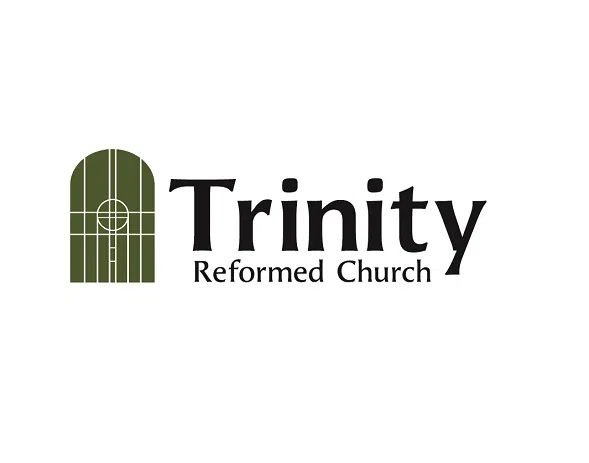By Uditha Jayasinghe
(Reuters) – Sri Lanka has approved a new law backed by the International Monetary Fund (IMF) allowing the state to seize any proceeds from criminal activities, a cabinet spokesperson said on Friday.
The new law was proposed as part of efforts under the IMF programme to improve governance, Transport Minister Bandula Gunawardana said at a cabinet briefing.
The law is part of conditions Sri Lanka has to fulfill to take forward a $2.9 billion program with the IMF after its economy crumpled under the worst financial crisis in decades, caused by a severe fall in foreign exchange reserves.
The island nation is also in the midst of restructuring about $12 billion foreign debt with bondholders after defaulting in May 2022.
“There is a dire need for this law,” Gunawardana told reporters.
“Sri Lanka’s economy is stabilising but it will only be really stable after we complete the debt restructuring process, which is at a crucial stage now. It is important that we continue down this path.”
The Proceeds of Crime Act (POCA) will allow for the judicial freezing and forfeiture of proceeds of crime and establishes a new authority to manage such seized assets.
The governance diagnostic under the IMF program is the first undertaken by the global lender in Asia.
Sri Lanka’s central bank said it is paramount that the country stick to its Extended Fund Facility agreement with the IMF and complete its debt restructuring process, in a new report released on Thursday.
Sri Lanka’s economy is projected to grow 3% in 2024, recording positive growth for the first time in two years.
(Reporting by Uditha Jayasinghe, writing by Shilpa Jamkhandikar; editing by Miral Fahmy)







Comments